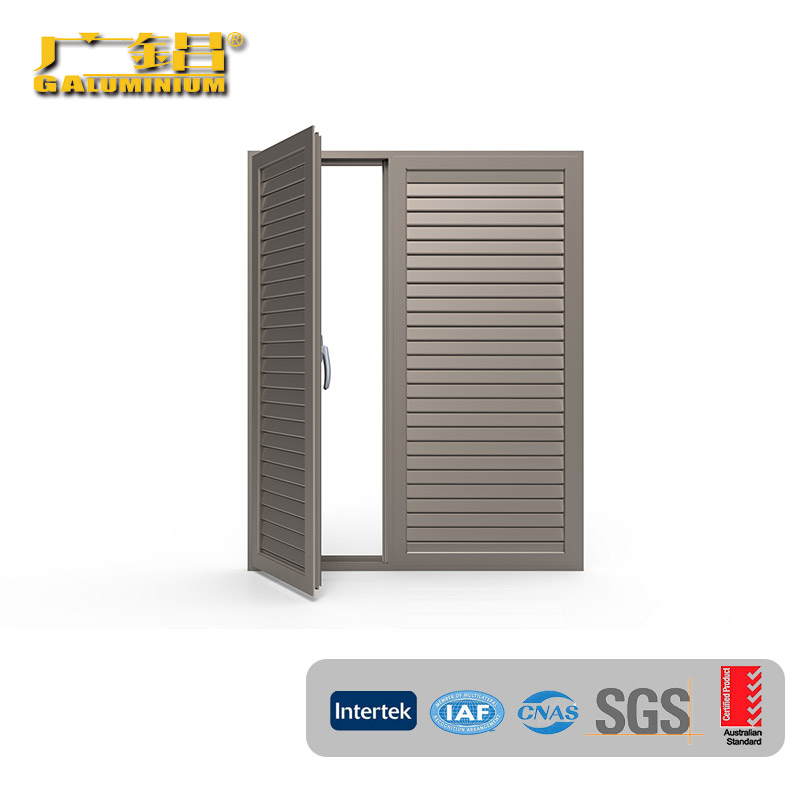Aspects related to aluminum louvers
2023-12-05
Aluminum louvers are architectural elements that consist of angled slats or blades, usually arranged horizontally or vertically, to control the flow of air, light, and visibility in a building. These louvers can be fixed or adjustable, and they find applications in various architectural designs for both functional and aesthetic purposes. Here are key aspects related to aluminum louvers:
1. Material:
- Aluminum Construction: Louvers are commonly made of aluminum due to its lightweight nature, corrosion resistance, and durability. Aluminum's properties make it suitable for outdoor applications where exposure to weather elements is a consideration.
2. Types of Louvers:
- Fixed Louvers: These louvers have stationary blades that do not move. They are often used for architectural purposes to enhance the visual appeal of a building or to provide shading.
- Adjustable Louvers: The angle of the slats or blades in adjustable louvers can be changed to control the amount of light, air, or privacy. This adjustability allows for more dynamic control over environmental factors.
3. Functionality:
- Ventilation: Louvers are often used to facilitate natural ventilation by allowing the passage of air while providing some level of protection from rain or direct sunlight.
- Sun Shading: Louvers can be strategically positioned to provide shade, reducing the amount of direct sunlight entering a building and helping to control indoor temperatures.
4. Applications:
- Building Facades: Louvers are incorporated into building facades to add a decorative element, improve energy efficiency, and control the entry of sunlight.
- Window Systems: Louvers may be installed as part of window systems to regulate light and ventilation.
- Privacy Screens: Louvers can be used as privacy screens in outdoor spaces, such as balconies or patios.
5. Design and Aesthetics:
- Architectural Features: Aluminum louvers contribute to the architectural design of a building, providing a modern and often minimalist aesthetic.
- Customization: Louvers can be customized in terms of size, shape, and finish to suit the design preferences and functional requirements of a project.
6. Maintenance:
- Low Maintenance: Aluminum louvers generally require low maintenance. The material's resistance to corrosion helps maintain the structural integrity and appearance of the louvers over time.
7. Integration with Building Systems:
- Automation: In some applications, louvers can be motorized or automated to adjust their position based on environmental conditions or user preferences.
Aluminum louvers are versatile architectural elements that serve both practical and aesthetic purposes in building design. Whether used for ventilation, sun shading, or visual enhancement, aluminum louvers offer a range of benefits, including durability, low maintenance, and design flexibility.



